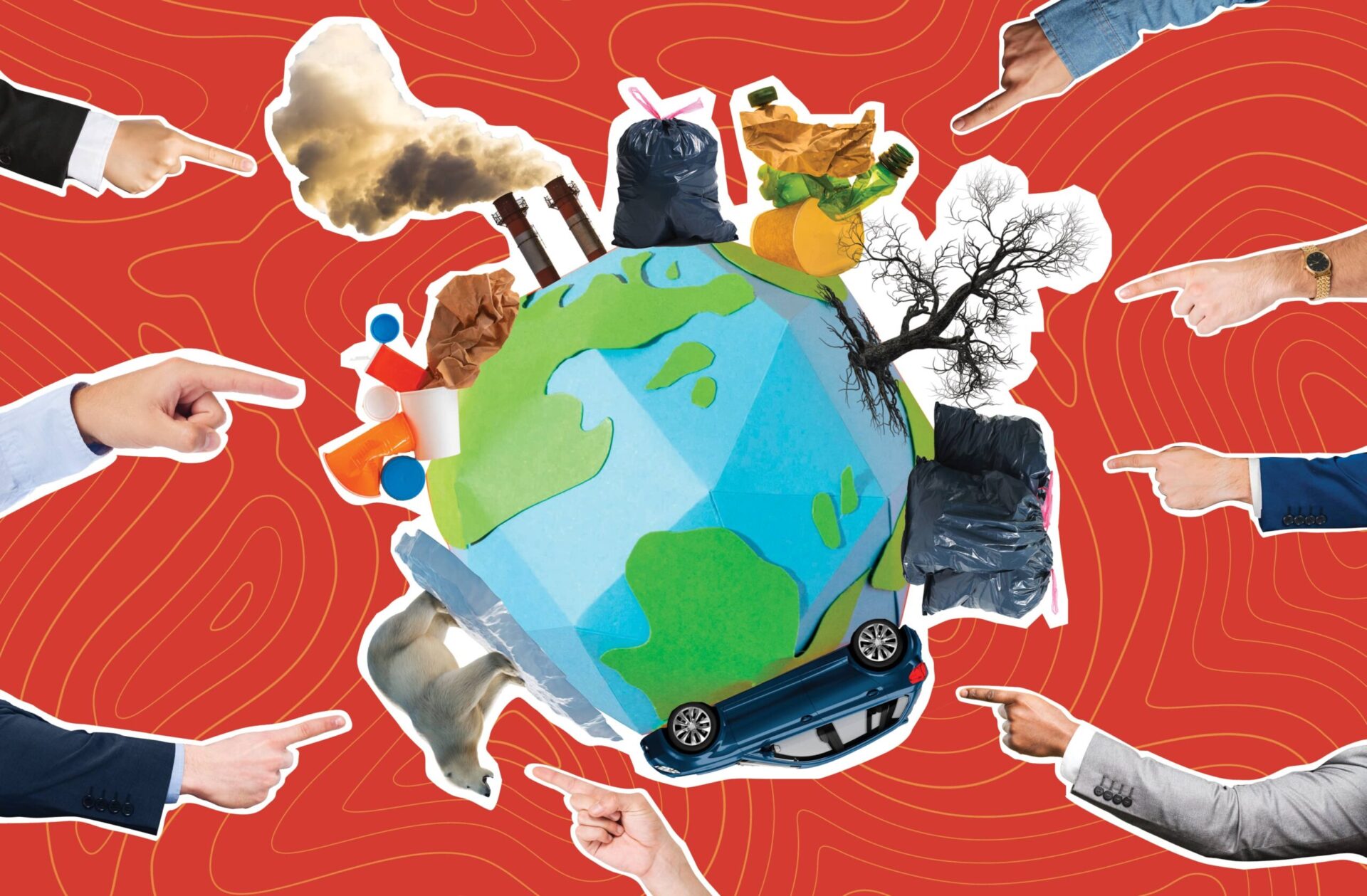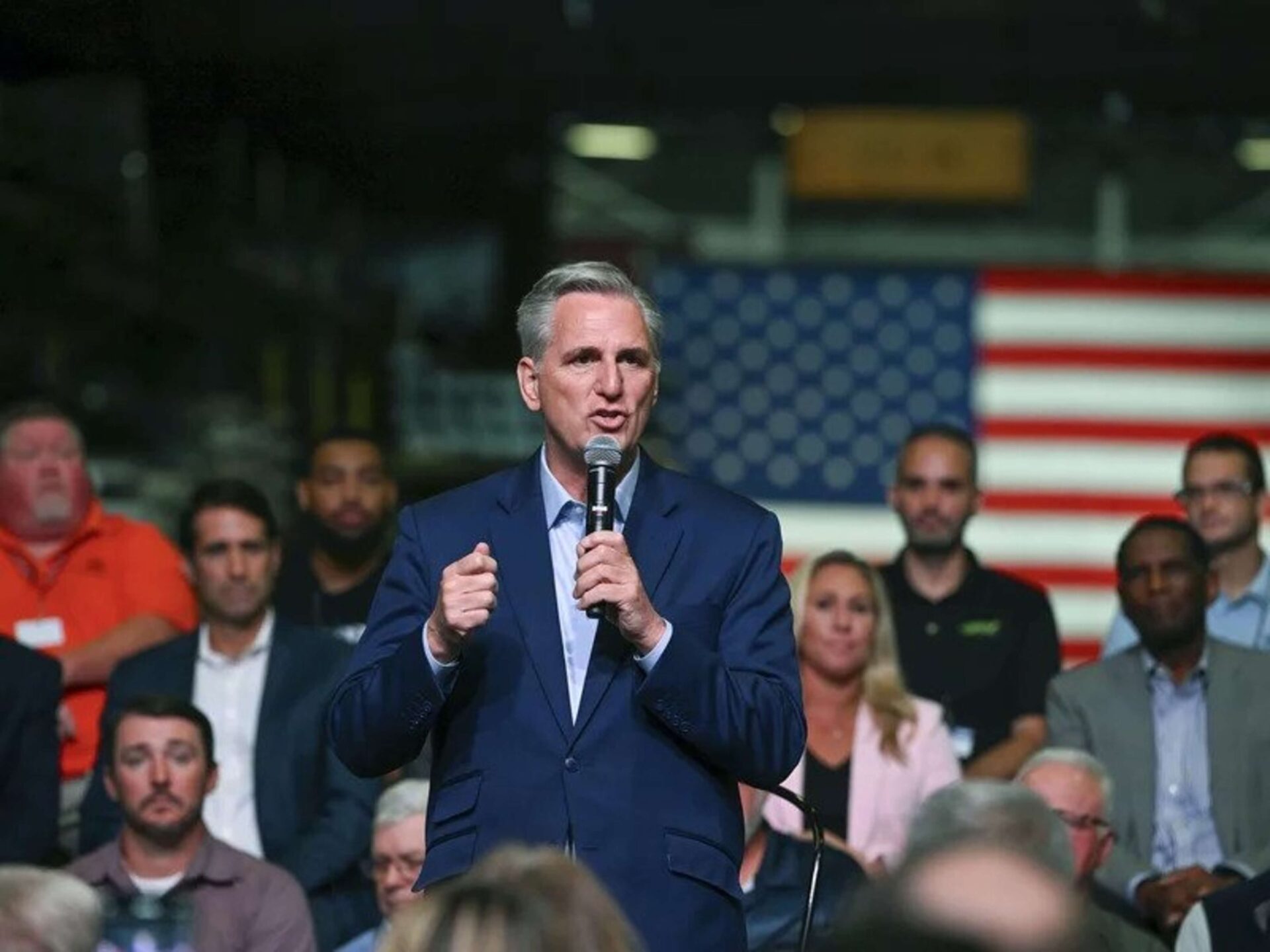7 Social Entrepreneurs Fighting The Environmental Crisis Through Innovative Startups

Discover the power of social entrepreneurship with inspiring stories of leaders driving change. From innovative recycling solutions to sustainable energy and waste management, learn how social enterprises are tackling environmental crises and societal challenges worldwide. Explore impactful initiatives by TerraCycle, Selco, Daily Dump, Climeworks, and more.
It is undeniable that doing what is beneficial for the firm is the ultimate goal of any business. Decisions are made, employees are hired, and methods are implemented or phased out based on the outcome. Aside from commercial decisions, firms, particularly startups, have begun to recognise that they have a responsibility towards social and environmental issues.
“Why Are Social Enterprises Important?”
In recent years, there has been an uptick in the number of startups’ speaking out and taking action on environmental issues such as sustainability and climate change and social injustices such as non-inclusive or limited multicultural representation in businesses.
All of these more sustainable and balanced employment policies are fantastic starting points. However, it is vital to remember that social entrepreneurship is more than just a marketing ploy (such as tree plantation as part of a short-term campaign) or a single business policy on multiculturalism. Social entrepreneurship is the incorporation of an environmental or social agenda into the primary goal of a business, such as offering banking services in underserved areas or establishing a company to assist orphaned children due to illnesses.
“How Are Social Enterprises Helpful?”
Social entrepreneurs are not driven by profit (though they must be financially astute to thrive); instead, social enterprises judge their achievement by their contribution and reinvest their profits into the firm to accomplish more good.
Globally, social entrepreneurs have been unbeatable accelerators for social change. They employ market-driven programs to overcome significant societal challenges in novel ways.
The true power of social entrepreneurs is their ability to detect market imperfections that are holding humanity back and their ability to develop and implement solutions. These encompass ensuring clean water, accessibility to renewable power, access to financial services, strong academic resources, or valuable info that permits life-giving agriculture to thrive.
The complexity and depth of the social concerns at stake have grown with the field’s maturation. We face a rising wave of problems, including unstable democracies, racial inequality, gender and LGTBQ discrimination, environmental disaster, population expansion, food insecurity, nationalism, and technical developments requiring new skills and labour training.
“Social Entrepreneurship: An overview”
Social entrepreneurship is rapidly entering the mainstream as a phenomenon and a concept. And, as social entrepreneurship gains momentum, an increasing number of transformational leaders are rushing to the stage, as well as competing to determine what social entrepreneurship is and who social entrepreneurs are.
In a nutshell, social entrepreneurs are business owners that use their companies to produce social value. These do-gooders are not just directed into the public organisations but also make up a growing share of the private industry. In addition to making a profit, and maybe more substantially, their firms address social challenges or societal needs that they observe in the world around them. When the status quo is no longer acceptable, these change-makers act immediately, demonstrating that when businesses identify the social value creation as essential to their long-term mission, it can lead to massive solutions to regional and global challenges.
Here are a few social entrepreneurs fighting environmental crises through innovative enterprises.
1. Tom Szaky, TerraCycle & Loop

Annually, the manufacture, disposal, and littering of plastic produce billions of tonnes of greenhouse gases that contribute to climate change. TerraCycle and Loop advocate circular approaches that reduce greenhouse gas emissions by inventing recycling solutions for complicated materials that would otherwise be classified as “unrecyclable” and a global packaging recycling platform.
“Single-use plastic trash is a significant contributor to climate change,” says Tom Szaky, CEO and Founder of TerraCycle & Loop. “Because we can’t cease consuming completely, a fundamental transformation in how we manage resources and consume is critical to altering direction.”
According to third-party Life Cycle Assessments, recycle and reuse models surpass traditional methods such as landfilling and incineration of single-use products in key environmental impact areas such as carbon dioxide emissions.
“Scale is key, so we collaborate with brands, retailers, and non-governmental organisations (NGOs) like the World Wildlife Fund to maximise our effectiveness and link our efforts with global initiatives to reduce waste and tackle climate change,” Szaky adds.
Impact:
TerraCycle has risen to become the worldwide leader in acquiring and reprocessing difficult-to-recycle garbage, functioning in over 20 countries, employing over 60 million individuals, and recycling billions of waste pieces through numerous innovative platforms.
2. Harish Hande, Selco

Harish Hande is yet another trailblazing social entrepreneur in India, as well as a remarkably committed one. He is the CEO and Founder of Selco, a company that provides sustainable energy to rural areas of the country. This was India’s initial rural solar finance scheme. Selco has delivered over 120,000 installations to date and operates over 25 retail and service locations in Karnataka alone.
Impact:
SELCO’s direct energy interventions have delivered lights and energy products to 7.5 million individuals for their homes, businesses, schools, and health institutions.
3. Poonam Bir, Daily Dump

Poonam Bir Kasturi, the founder of Daily Dump, refers to herself as a “compostwali.” Daily Dump manages India’s urban household waste right where it is produced – within the family home – by skillfully combining design, traditional pottery, and composting science to produce more than 50 aesthetically pleasing products and services, allowing urban Indians to compost their waste and contribute to the nation’s massive trash challenge.
Poonam Bir Kasturi, the founder of Daily Dump, refers to herself as a “compostwali.” Daily Dump manages India’s urban household waste right where it is produced – within the family home – by skillfully combining design, traditional pottery, and composting science to produce more than 50 aesthetically pleasing products and services, allowing urban Indians to compost their waste and contribute to the nation’s massive trash challenge.
4. Alex Husted, Helpsy

According to Alex and the Helpsy team, 95 per cent of all clothing, footwear, and other textiles may be recycled. Unfortunately, more than 85 per cent of it ends up in the trash!
Alex and the team delve deeper into the problem of reducing, reusing, and recycling textiles and apparel, emphasising that the greatest thing you can do is consume less and then reuse and recycle. Reuse is where they play; they strive to reuse as much as possible and then recycle what can’t be reused.
As a result, Alex Husted, founder and CEO of Helpsy, aims to reduce the environmental impact of textile waste by making things simpler to recycle old clothes. Approximately 95 per cent of the materials collected by his company are repurposed.
Impact:
Helpsy in its journey has saved 14 billion gallons of water and reduced 450 million pounds of CO2 that were emitted. Helpsy also kept 24 million pounds of clothes, shoes, and other items from the waste stream. To date, they are also helping a dozen firms become more sustainable by repurposing unsold goods and returns in a responsible manner.
5. Christoph Gebald and Jan Wurzbacher, ClimeWorks

This Swiss business known as Climeworks “uses a system called ‘Direct Air Capture’ to extract carbon dioxide from the environment with what is effectively a big air filter that attaches to carbon dioxide,” according to the company’s website.
Impact:
Climeworks is the global highest direct air capture firm, offering a technology that enables everybody to be climate positive by eliminating carbon dioxide from the air; as of 2021, it has over 6,500 Pioneer customers and an Ocra plant that captures 4,000 tonnes of CO2 per year.
6. Koushik Yanamandram, Piyush Sohani and Shankar Ramakrishnan, SustainEarth

Using new biogas technology and enterprise models, this pioneering startup supplies clean and economical cooking gas to rural families in India. Sustain Earth employs Biogas technology to deliver clean cooking gas to rural areas to provide dependable, safe, and economical Biogas systems for rural families.
Gau Gas systems is a user-centric design philosophy that has resulted in resilient biogas technologies. It is simpler to install, more dependable, and easier to maintain. They review the progress of their systems using the internet and mobile connectivity.
Impact:
SustainEarth is ushering significant impact by giving affordable and dependable cooking fuel to millions of India’s marginalised rural population via renewable energy solutions.
7. Wilma Rodrigues, Saahas

SWZ (Saahas Zero Waste) is a social and environmental enterprise. Under the Zero Waste Program, they manage on-site remedies for bulk trash generators such as tech parks and residential complexes. They provide holistic waste management for smaller garbage sources, including gathering and processing at their Kasa Rasa plants.
Furthermore, they have an Extended Producer Responsibility (EPR) initiative. They collaborate with packaging firms and e-waste producers to create and implement a reverse logistics system that allows significant amounts of post-consumer trash to be returned to the recycling chain. Apart from that, they execute a ‘closing the loop’ effort. The firm offers waste-derived items such as compost and a variety of other recycled products such as roofing sheets manufactured from recycled consumer tetra packs and gift boxes built from recycled computer/mobile chipboards.
Impact:
Under the enhanced producer responsibility initiative, Saahas Zero Garbage has saved 10,000 MT of plastic waste from landfills and other open areas in 2019.
These are just some of the green enterprises working hard to improve the environment, provide a greener and healthier way of living, combat climate change and chart a sustainable route towards a greener future.





